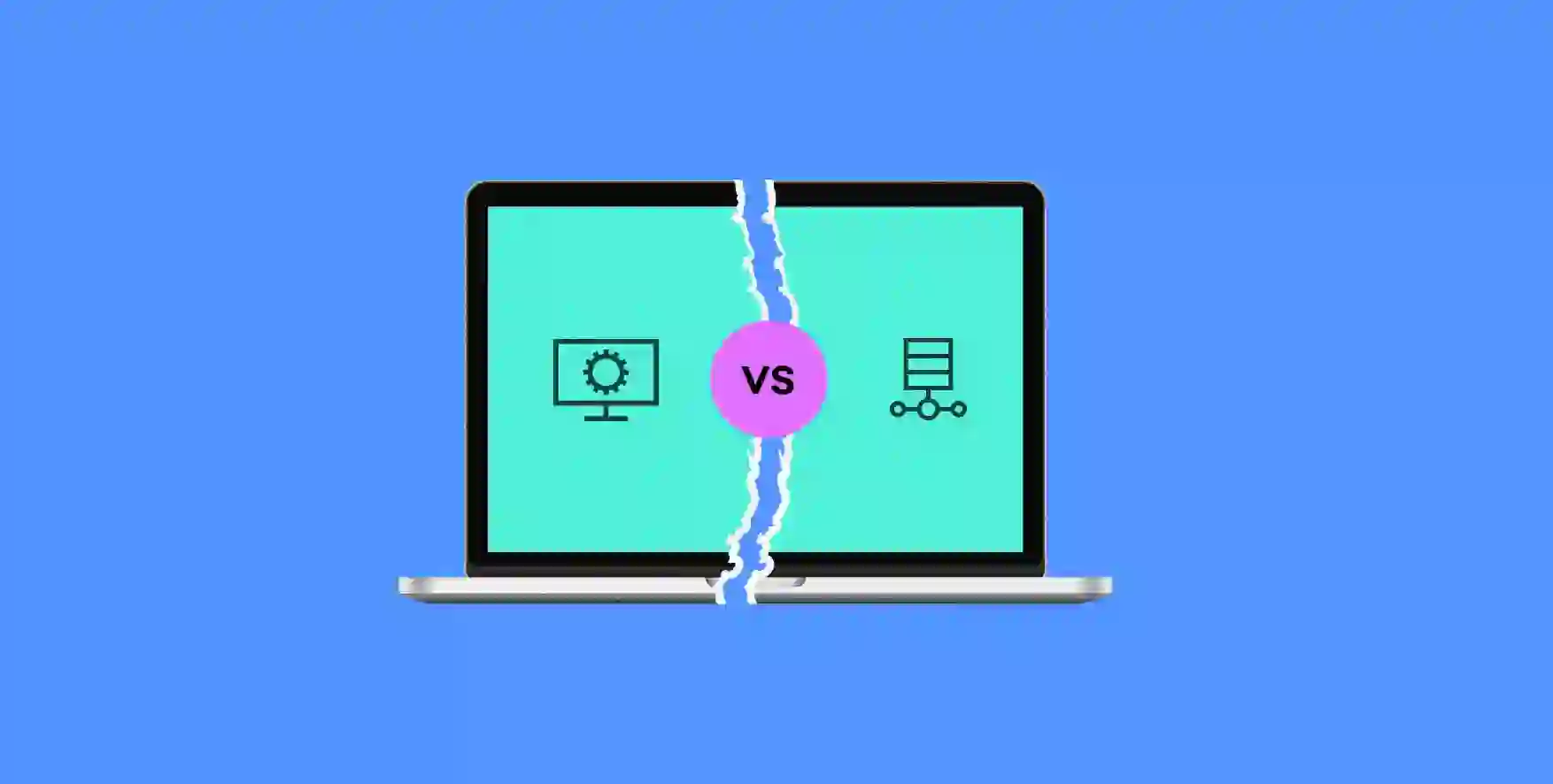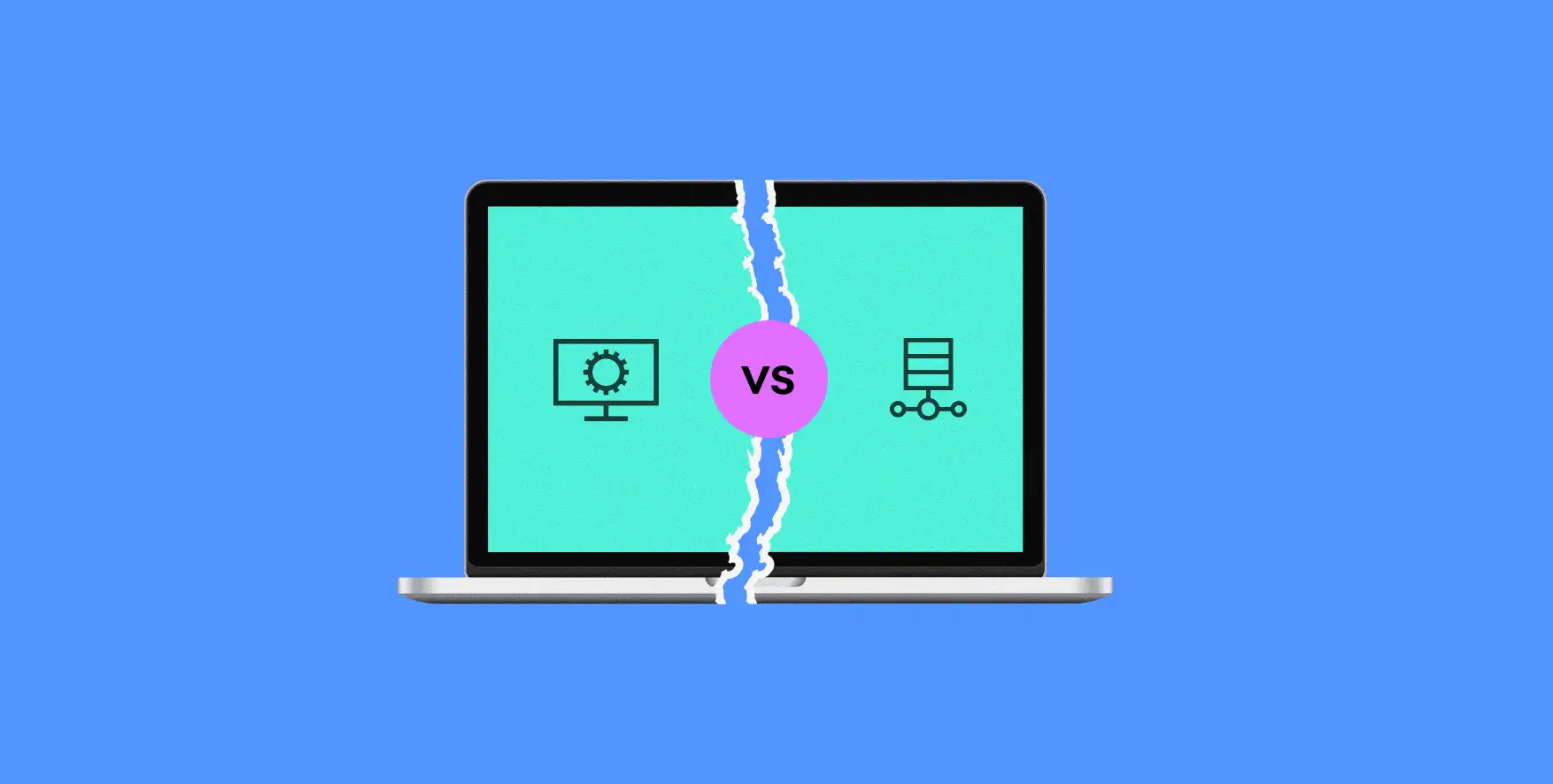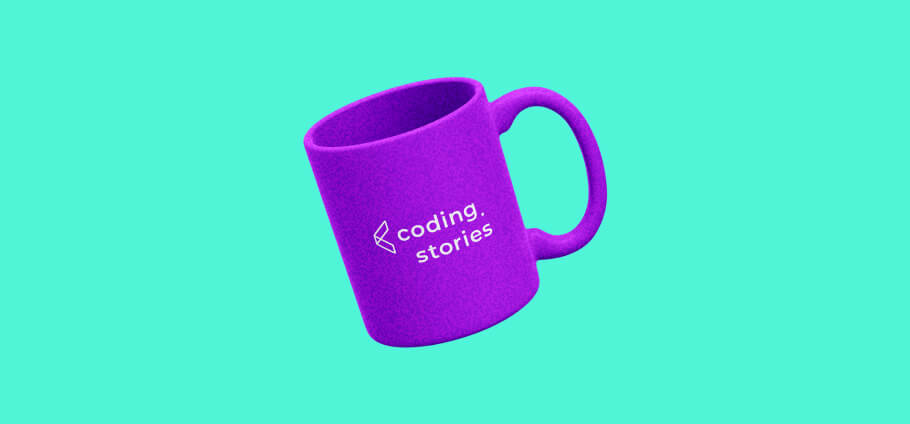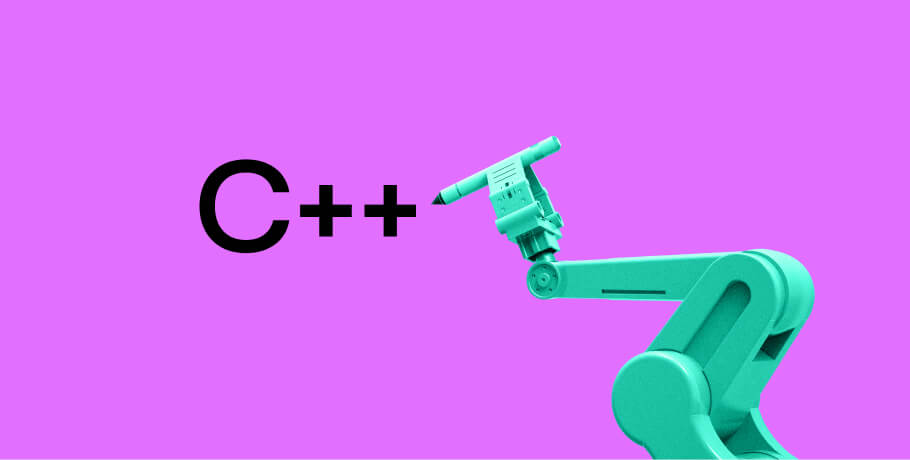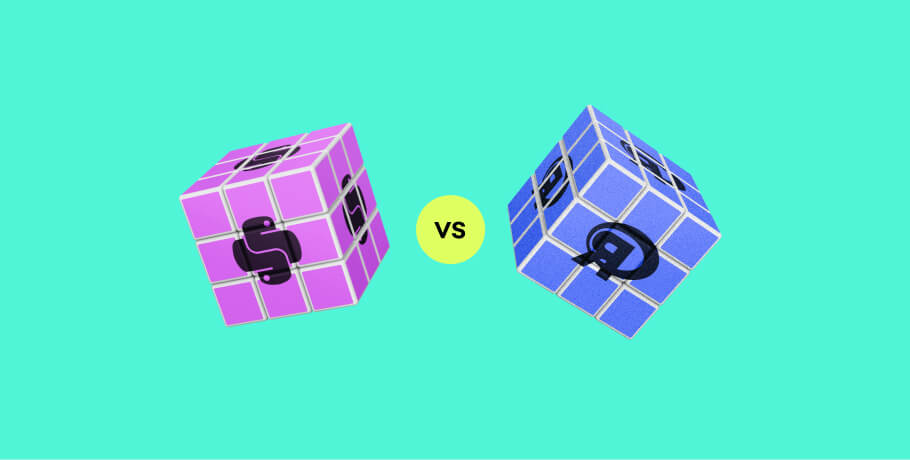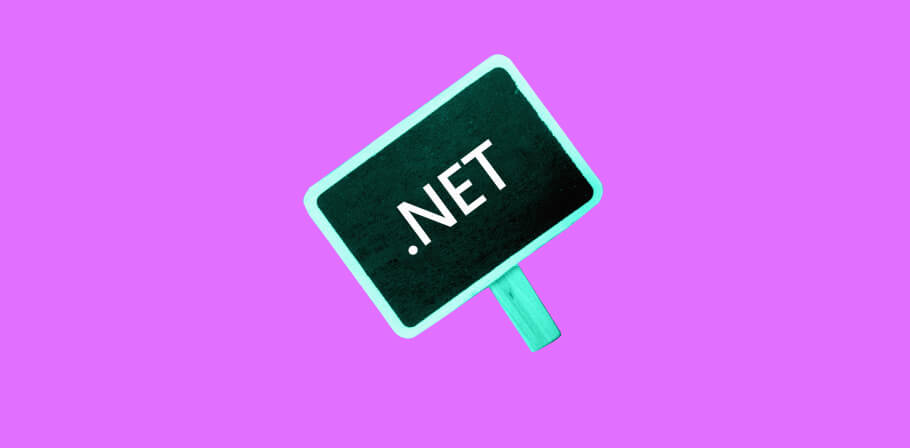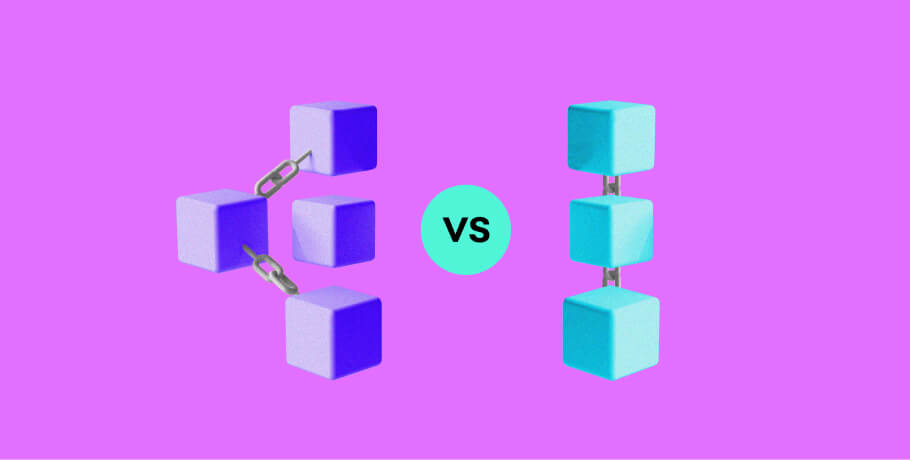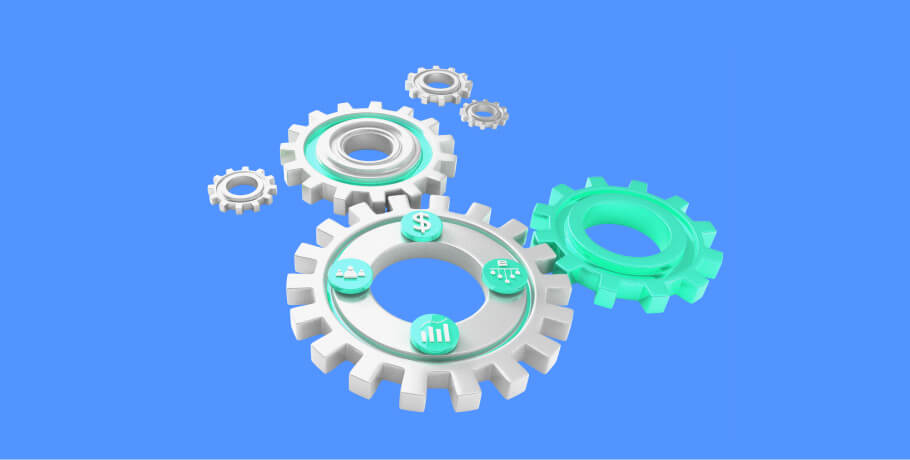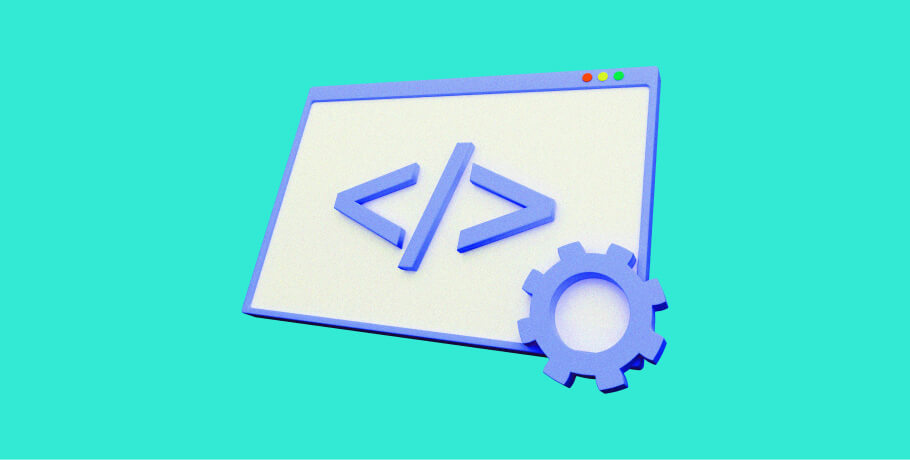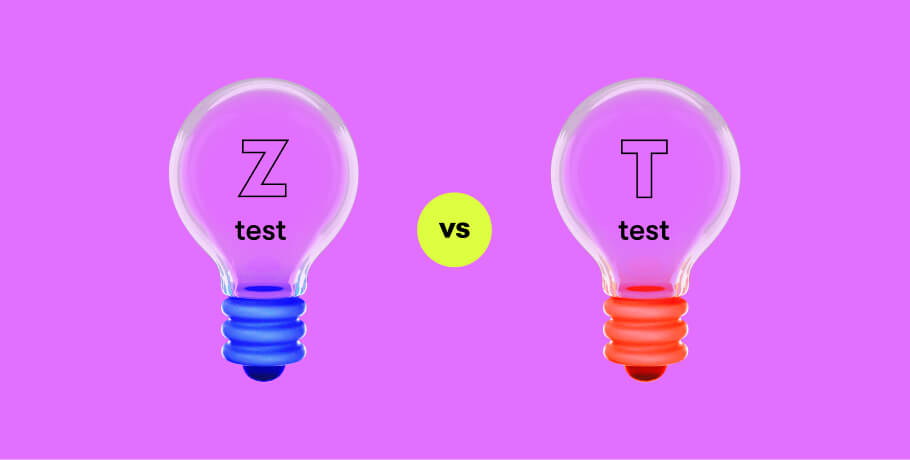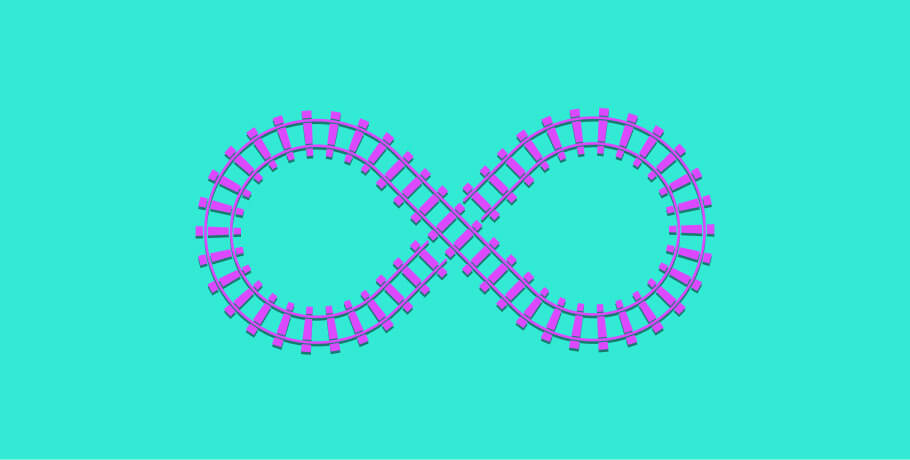It is easy to conflate data science with computer science. For the prospect looking to take one of these degrees and go on to find work in either of these fields, knowing this difference is crucial in determining which path best fits your career goals.
In this article, we pit computer science vs data science to examine what each degree covers, the reasons you should consider either of these career paths, the challenges you may meet, the key differences, and some guidance on choosing the right path.
Without further ado, let’s dive in and start with the data scientist job description and responsibilities.
What does a data science degree cover?
Is data science part of computer science? That is a common question for anyone considering a career in these courses.
Data science, for a long time, was an emerging field within computer science. It was mostly pioneered by statisticians, computer scientists, engineers, and mathematicians who wanted to draw inferences from data for many decades.
What has changed is the amount of data the world generates. With sensors in everything from household appliances to our transportation, data continues to be generated in torrents. That has led to data scientist jobs becoming a separate role.
Making sense of this big data is what the degree covers: to help identify patterns, train better algorithms, build predictive models, augment almost every industry collecting data, and more.
Pros and cons of a data science degree
Pros
- There is a great demand for this degree when comparing data science versus computer science. It has been ranked the fastest-growing job on LinkedIn and is predicted to create 11.5 million jobs by 2026.
- Few people have the right skillset to qualify as a data scientist, making the competition less intense compared with other IT jobs.
- Comparing CS vs data science, the latter are some of the highest-paid IT employees, earning an average of $120K+ annually.
- The applications of a data science degree are numerous, including in ecommerce, finance, consultancy, healthcare, and more.
- Data science can make a real difference in the world by deriving insights from the vast amounts of data we’ve collected.
Cons
- A comparison of CS vs DS reveals that the latter has a steeper learning curve as it combines statistics, computer science, and mathematics.
- You require a solid and comprehensive knowledge base to create solutions for different needs.
- Ethical issues remain surrounding the preservation of data privacy and data usage.
What does a computer science degree cover?
Computer science is the older of these two subjects and is seen as the bedrock of data science. Computer science focuses on the holistic aspects of computers, with software at the forefront.
A major difference between data science and computer science is that CS is broader, focusing on topics that range from AI and machine learning to software systems and algorithms, cybersecurity, databases, and more.
It too holds a lot of promise and offers even more opportunities to get into various IT jobs.
Pros and cons of a computer science degree
Pros
- Computer science is in high demand, too. The Bureau of Labor Statistics says employment is projected to grow 23% from 2022 to 2032, faster than the average for all occupations.
- The computer science career path presents opportunities for growth with fields of higher responsibilities and salaries.
- Computer scientists can decide to work remotely or in person, giving them the best environment as needed.
- Enrolling in a degree is easy as it can accommodate your current lifestyle and time commitments, allowing you to switch from a current path without disrupting your life too much.
- You have the opportunity to specialize or generalize your focus in this field. Specialized areas include AI, game design, research analytics, backend and frontend development, etc.
Cons
- You need to have analytical skills to identify issues and develop solutions. Without these skills, the learning curve is steeper and more demanding.
- Pursuing this degree can be costly, but you can research programs available to you to find one that offers the best proposition.
- The field is continuously developing, which may make it hard to keep up with changes and innovations.
Common computer and data science jobs
With a computer science/data science degree, you can go on to gain employment in fields that include the following lucrative positions:
Senior data scientist
The senior data scientist job calls for extensive experience in applying data analysis, statistical methods, and machine learning to solve problems and surface insights.
In the senior position, you will lead data science projects, communicate findings and recommendations to stakeholders.
A data science or computer science degree gives you the foundation to do this job, including fundamentals of data science and advanced topics like machine learning, natural language processing, computer vision, and more.
Machine learning engineer
A machine learning engineer is a software engineer focusing on the development, deployment, and maintenance of machine learning systems and apps.
In this role, you work closely with data scientists, software engineers, and product managers to design, implement, and optimize machine learning solutions that meet business objectives and user needs.
Computer science and data science can help you prepare for this career by teaching you the basics of software engineering, such as data structures, programming, software design, and algorithms, as well as the core concepts and techniques of machine learning, like supervised and unsupervised learning, neural networks, reinforcement learning, and more.
Principal data scientist or chief data officer
Lead data scientist jobs mean you are a critical team member overseeing the data strategy, culture, and governance in a company.
The principal data scientist or chief data officer is in charge of setting the vision and direction for data science initiatives, establishing policies and standards, and ensuring data security and quality while cultivating the right culture and innovating.
A data science and computer science degree can help prepare for the job by teaching the principles and practices of data science, including collection, analysis, visualization, and ethics, as well as the right skills and knowledge of data management, including architecture, engineering, warehousing, and governance.
Check out our data scientist resume examples to get an idea of what is supposed to be included to give yourself the best chance at employment once qualified.
Key differences between data science vs computer science
As we have detailed, data science and computer science meet somewhere on the Venn diagram. So, is data science a computer science?
Short answer: no! However, they focus on different aspects that could be considered adjacent. To get a clearer picture of what each one is about, let’s examine the key differences:
1. Subject matter
Data science focuses on the use of algorithms, systems, and methods to extract insights and knowledge from data. Computer science focuses on computation, information, and technology, as well as the design and implementation of software and hardware.
2. Responsibilities
The responsibilities of a data scientist focus on the application and interpretation of big data, as well as the discovery and communication of pattern trends and insights. Generally, as a data scientist, you will be expected to:
- Explore current data and source new data
- Use queries and understand the big data at hand
- Use programming languages in your work
- Explore data analysis using libraries
- Isolate business issues and create solutions based on data, providing answers
- Optimize algorithms for the best results
Computer science responsibilities are broader and cover various aspects of computing, like data structures, programming algorithms, computer architecture, software engineering, and artificial intelligence.
A computer scientist is expected to:
- Understand the business, products, software, etc.
- Define the requirements for a specific problem
- Understand and design systems and software
- Implement processes and carry out testing
- Understand integrations and how they affect the system
- Oversee operations and maintenance.
There are some areas of computer science/data science overlap, given these domains require each other to function fully and complete processes in their respective workflows.
3. Skills
As a data scientist, your skillset needs to be focused on the following:
- Statistics and mathematics: These subjects are essential in forming the foundation and methodology for data analysis and modeling.
- Data visualization and mining: With these skills, you can explore and communicate any data insights you are able to surface.
- Machine learning: You can use machine learning and AI systems and models to encourage data-driven decision-making and automation.
Data analytics jobs focus on being able to use the data and what it reveals with ease.
Computer scientists, on the other hand, focus on sharpening skills like:
- Logic and problem-solving: This skill enabled computer scientists to design and implement solutions that work.
- Programming: This skill is at the core of computer science as it allows professionals to create and execute instructions for computers.
- Software design and computer systems: These skills are leveraged in software and hardware architecture and engineering, ensuring that the code works well on the machines it runs.
The skills you sharpen may sometimes overlap, but you will often need to know different things to fully carry out the duties of each role.
4. Careers
Data scientist gurus often end up in roles that suit their skill set, including working as data analysts, data scientists, data engineers, machine learning engineers, and business intelligence analysts. Computer scientist-oriented qualifications are required for roles like software developer, software tester, software engineer, web developer, and computer programmer.
The main difference between computer science and data science in terms of careers is that data science offers fewer opportunities to switch jobs, given that it focuses much more closely on data and data-related processes.
5. Education
To qualify for each role, you will need to have a specific educational background tailored to place you well into each career path. In the qualifications for data analytics vs computer science, you will need a bachelor’s or master’s degree to start.
Data science prospects can earn a degree in data science, computer science, statistics, math, or related fields. It is best to augment that with skills in programming, data mining, data visualization, statistics, data storytelling, and machine learning.
Computer science, on the other hand, requires that you have a bachelor’s or master’s degree in computer science, software engineering, or a related field, as well as the additional skills we mentioned, for a more complete resume.
Comparison of data science vs computer science
| Data science | Computer science | |
| Educational background | Bachelor’s or master’s degree in data science, computer science, statistics, mathematics, or related fields | Bachelor’s or master’s degree in computer science, software engineering, or related fields |
| Tools | SQL, R, SAS, Python, Docker, Kubernetes, AWS, Airflow, etc. | Git, JavaScript, CSS, HTML, object-oriented languages, collaborative software, etc. |
| Applications | Business, health, social media, education, and any industry that generates and needs to use data | Security, software, hardware, gaming, web, mobile, and industries that need to develop and improve tech products |
| Skillset | Data collection, statistics, mathematics, data visualization, data mining, data storytelling, machine learning, etc. | Programming, logic, software design, computer systems, etc. |
| Salary (Dec 2023 in the U.S.) | $86k to $180k (Indeed) | $61k to $160k (Indeed) |
Which one should you choose, depending on your goals?
The choice of which career path to take between CS or data science depends on some factors that determine how fulfilling your career is.
- Your passion: You should choose a field that you are interested in and passionate about. That way, you will not just enjoy the learning aspect of it but also hone your skills in a way that is best suited to advance your current interests and skillsets. Data science is best for those who love statistics, data, and machine learning and want to use those skills to solve real problems. Computer science is suitable for those who love programming, logic, and technology in general.
- Your career: Align your field with your career aspirations and opportunities. As we have mentioned, each field aligns with its own set of career options, though making the switch from one to the other should be easier, given that these fields overlap.
- Your education: It is beneficial to choose a field that aligns with your educational background so far or that you can easily get into. Compare the curriculum, duration, and cost of the degrees as well to make sure that you choose one that suits your needs and preferences.
Conclusion
Both computer and data science present opportunities for growth. Choosing the right one for you is the first step. After that, you have to give it everything you have to align your goals with your current capabilities or wishes.
It is worth checking out what kind of skills are required first to know if it is something you are interested in learning or doing for work. In addition to that, you can also dive deeper into the overlap between the fields to see what opportunities are present to diversify or switch between careers later in life.
Either career is rewarding, and at EPAM Anywhere, you can find remote data scientist jobs to get you started. Good luck picking out your next career path!
FAQ
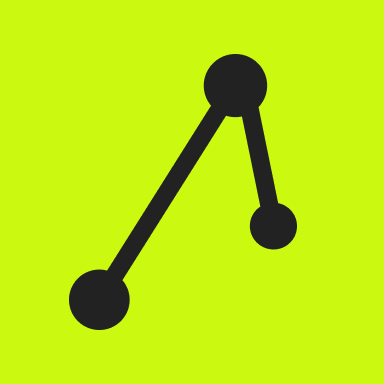
The EPAM Anywhere Editorial Team is an international collective of senior software engineers, managers and communications professionals who create, review and share their insights on technology, career, remote work, and the daily life here at Anywhere.
The EPAM Anywhere Editorial Team is an international collective of senior software engineers, managers and communications professionals who create, review and share their insights on technology, career, remote work, and the daily life here at Anywhere.
Explore our Editorial Policy to learn more about our standards for content creation.
read more